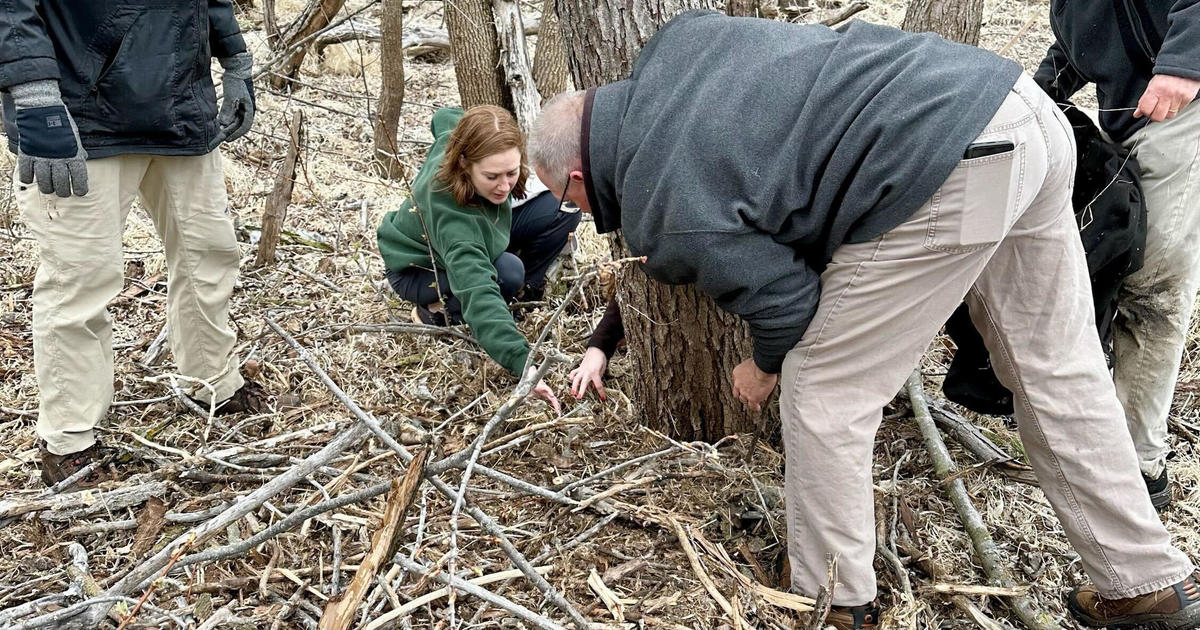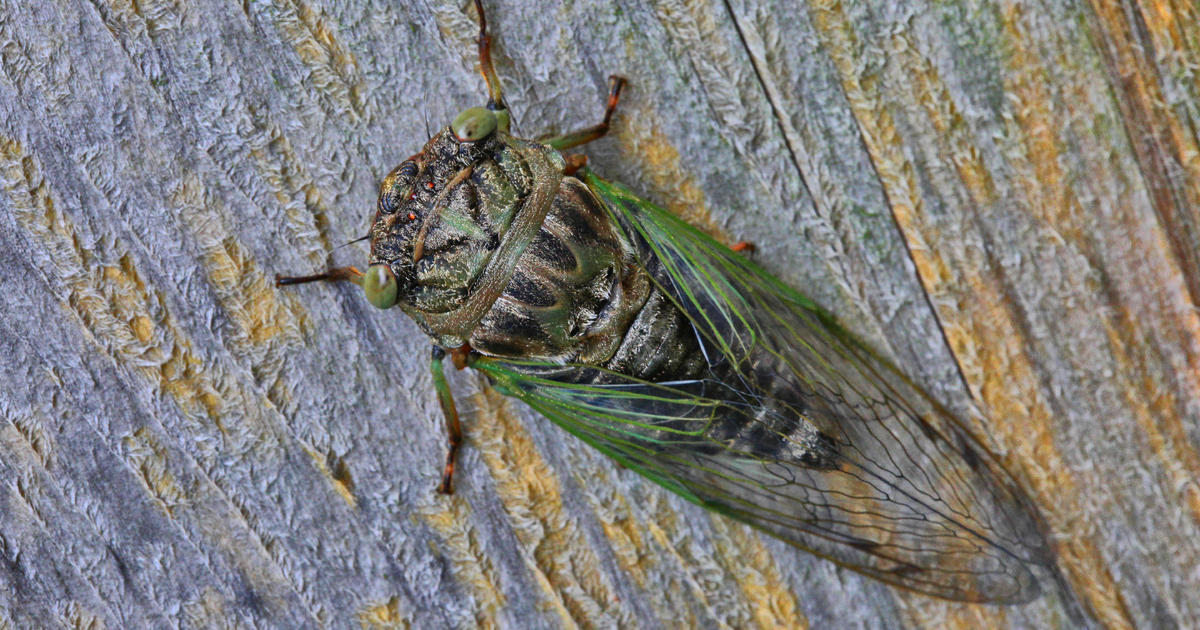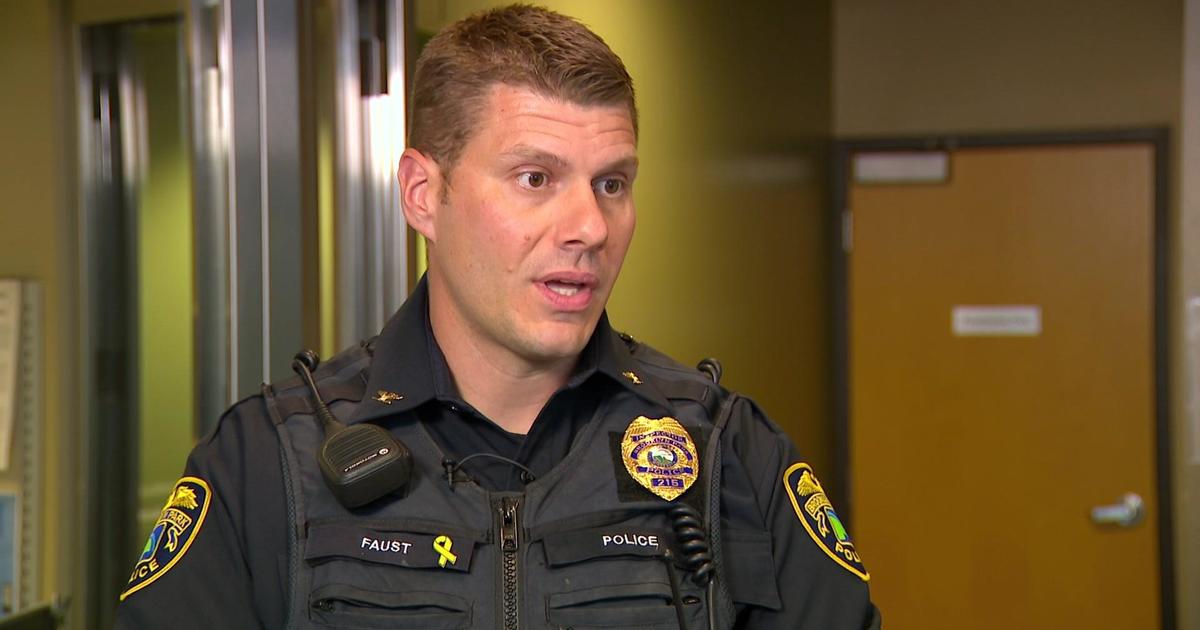Movie Blog: 'Polisse' Has Little Law, Questionable Order
Crime dramas are pretty popular in our United States. And I imagine it's probably impossible to print the titles of every Law & Order episode onto a piece of paper that fits into the known (and possibly expanding) universe.
That said, the TV formula you might know and love isn't repeated, as I thought for some reason, in Polisse, the work of the French director/writer/actor Maïwenn.
Polisse's focus is on the cops in Paris' Child Protection Unit. Through a prism of tight-knit colleagues, Maïwenn shows how their work – keeping kids safe from rape, prostitution and cracked-out parents – shapes the cops into beings ever on the verge of a breakdown.
More often than not, the cops appear as regular working humans – tired, frustrated, eager to laugh, ready to dance at the drop of a congratulatory slap on the back. But their insecurities rock them. Characters often lash out at their friends, bosses, lovers, children, vaingloriously belittling those who work with things like pastries, flowers and narcotics.
These outbursts seem natural enough ... at first. After a while (fourth, fifth explosion) the emotional ejaculations just seem a bit much, even for the French. My annoyance with these fuming monologs might also have been augmented by the film's lack of focus on a particular criminal case.
But lack of focus might not be the right way to put it. Instead of having a villain that the group can fight against – each using their own skills to form a Megazord of justice -- the movie takes real-life crime stories and uses them as backdrops over and through which characters' personalities pop and fizzle. While this formula doesn't produce feelings along the lines of OMG: EPIC!, it does work to frame an environment and give color to the drama – sort of like a magic lantern.
The variety of cases gives the movie a number of pleasing aspects. First of all, the problems facing characters constantly change. Sometimes the department is after a child who was kidnapped by his junkie mom; sometimes they're laughing in the face of a girl who gave a "sexual favor" to a boy to get her smartphone back – imagine what she'd do for a laptop, one cop quips; sometimes they're holding crying boys whose mothers have abandoned them due to poverty. Intensity, humor, sorrow: it's all there. Moreover, the movie's movements are unpredictable, giving the film a pleasant unexpectedness.
In this kaleidoscope of abuse, some of the particular textures are themselves intriguing. They also serve to dispel the solipsism that so often spills from the cop characters.
Maïwenn – who bears a distracting resemblance to Steven Tyler – holds an uber-meta role in her movie. She plays a photographer sent by the ministry of culture (or something like that) to document how the Child Protection Unit works, eats, rests, laughs, and bickers.
At first, she's a fly on the wall. But as the cops get more stressed, she becomes the victim of a steaming monolog. But she recovers, and while lingering in one cop's melodramatic emotional space, she falls for him – his dedication, his heart-on-sleeve character, his hard-to-place look – and enjoys a spell of happiness.
But Maïwenn's character is just about the only one to enjoy such a feeling. The rest have marriage issues, eating disorders: things that, in the end, overtake the drama of child abuse.
In this way, Polisse is a drama of stress - the stress of a CPU cop's heart-shredding work multiplied by the stress of love, the stress of family issues and the stress of social norms. While Maïwenn does apply these pressures artfully, the movie lacks the characters to evoke pathos.
Perhaps a bit of law and order may have helped.



